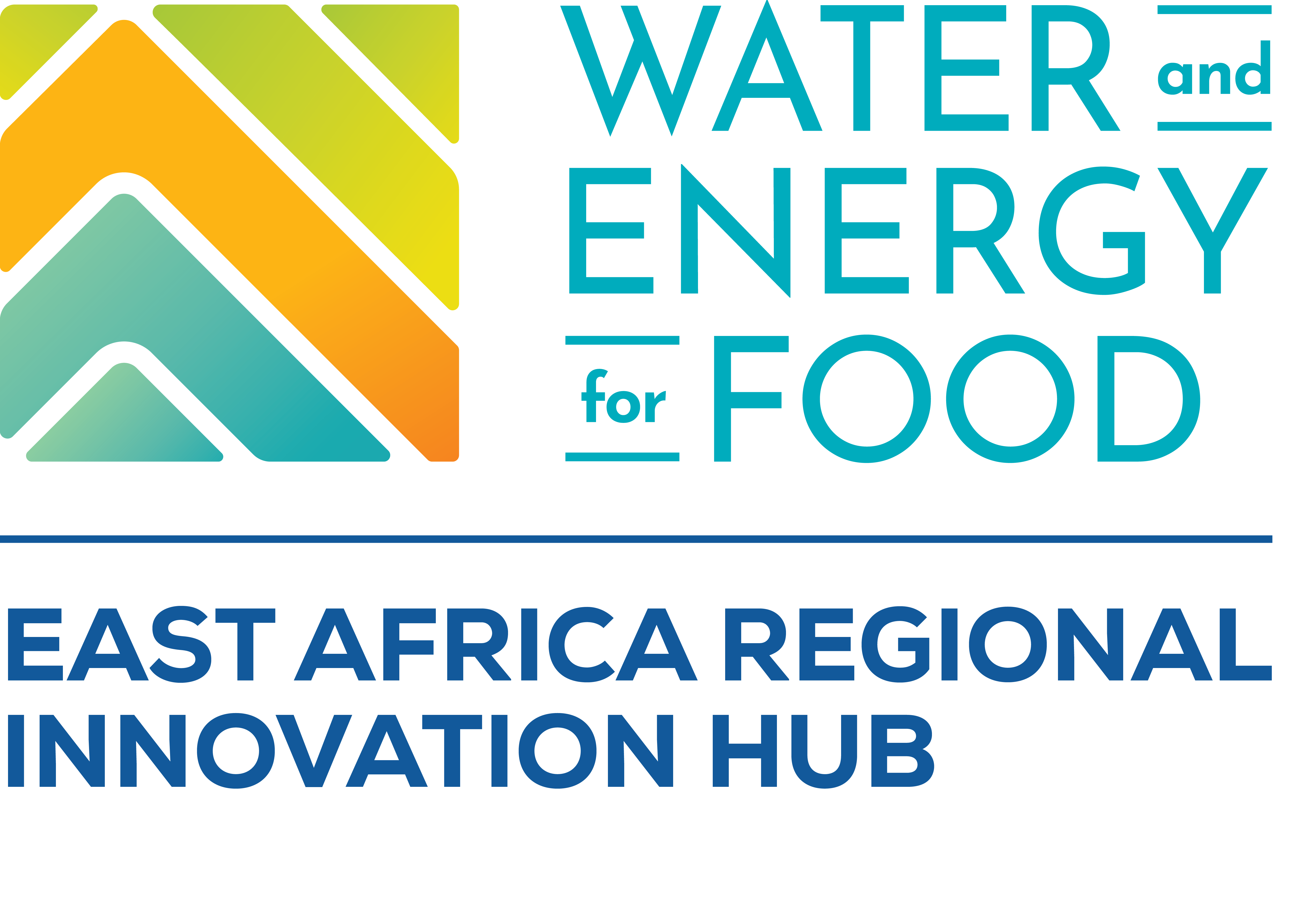CONTEXT
The East African region has great potential for food production with a majority of the population living in rural areas and working in agriculture. However, small-scale farmers are often confronted with low productivity and high post-harvest losses, with particular adverse effects on women and the poor. Further, the food production processes use up high amounts of traditional energy sources (e.g. diesel, wood) and groundwater which exacerbates climate change, depletion of natural resources, and biodiversity loss. In order to address these challenges, innovators (commercial companies or organizations) have already developed numerous approaches and technologies for a climate-friendly, water- and energy-efficient agricultural and food industry. However, innovators often have insufficient entrepreneurial capacities to successfully and sustainably scale upmarket developed prototypes of innovative technologies in local, regional, and global markets.


